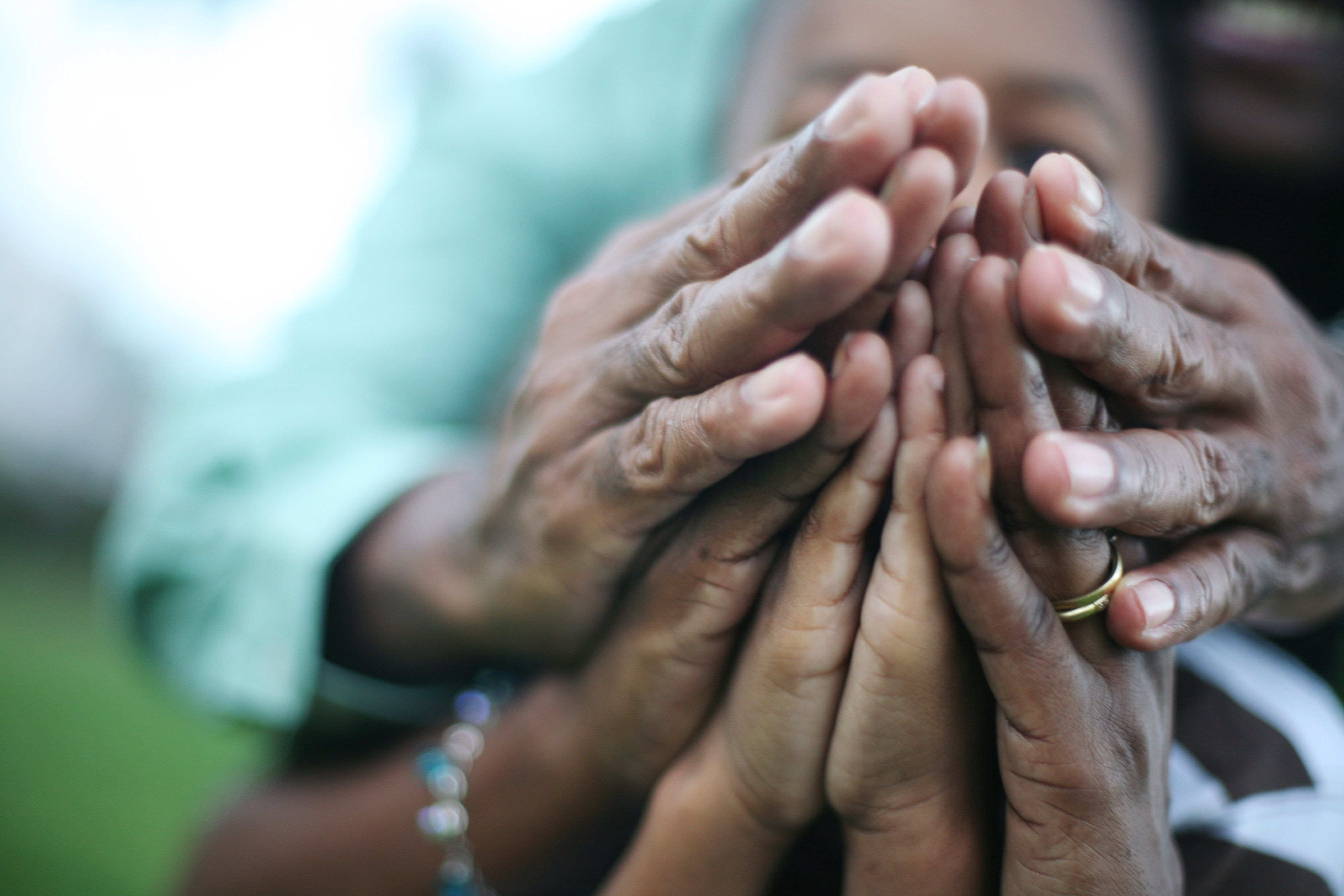With the arrival of Christmastime, great expectations reawaken in homes everywhere; gradually, an atmosphere of anticipation takes over.
Parents lay plans to make the season a uniquely happy one for their children – a tall order! Grandparents start longing to spend time with their family’s newest generation during the holidays, even if that will be accomplished only via Skype. And the doors of many households are opened as wide as possible to welcome friends and neighbors, a sign that this time of year is different.
Oh, and one other thing: Wives and husbands hope Christmastime will be special for them too, as a couple. But will it be?
Often enough, overloaded as it is with everyone else’s high expectations and the competing demands of family, friends and workplace associates, Christmastime is stressful for couples. Some wives and husbands feel that at best, they can muddle along until January.
Causes of Stress
But sometimes – many times — patience with each other runs thin for a wife and husband during the holidays. For a variety of reasons, stress gains the upper hand between them.
- One spouse may be convinced that Christmas is unaffordable. He or she feels stressed-out by the cost of Christmas gifts and entertainment.
- Another spouse may experience the stress of workplace demands that do not always subside to make room for a family’s overcrowded schedule of holiday festivities at school and church, with family and friends, or for shopping.
- Some couples are stressed-out by the mere logistics of Christmas and the challenge of finding ways to celebrate with two sets of grandparents and two extended families.
- Couples who make faith a priority cringe when the season’s real purpose gets left in the shadows, eclipsed by so much else that is happening.
- There are, in addition, certain realities of life that do not manage to make themselves scarce just because Christmastime is here. Children get sick and require care; an overdue notice of an unpaid bill can still arrive in the mail; the furnace can stop working; the weather can get real bad.
Stress grows for couples when they feel pushed and pulled in two or three seemingly impossible directions at once. Stress grows as spouses become more and more fatigued from trying to meet others’ needs and expectations, and from the usually unfounded fear of somehow letting their family down at Christmas.
It is an unfortunate reality of life that the stress they feel often turns a wife and husband away from each other. At a time when they need each other, they may instead criticize each other, which experts agree will be unhelpful.
When you are under stress, “it can sometimes be tempting to take out your frustration verbally on those who are closest to you,” said ACCORD, the Irish Catholic bishops’ marriage care service. In a December 2009 message, ACCORD cautioned spouses that this could mean their frustration gets taken out on “the very person who can be [their] greatest ally and source of support.”
A similar point is made by the 2010 edition of “Fighting for Your Marriage,” the widely read and consulted book by Howard Markman, Scott Stanley and Susan Blumberg. They note that when stress prevails, there is a tendency for spouses to “become more negative with each other.” These authors say to couples:
“When stressed-out, most people give others less benefit of the doubt and are quicker to react to frustrations with their partners. … Just when you need to be more supportive of each other, stress can lead you to turn against each other.”
How to Handle Stress
Advice for couples about dealing with stress was offered by John Gottman in his famed book “The Seven Principles for Making Marriage Work.” Gottman is a U.S. researcher who has greatly influenced the direction of contemporary marriage studies.
Gottman advised spouses not to offer advice too quickly when one of them is suffering from stress. “The cardinal rule when helping your partner de-stress is that understanding must precede advice. You have to let your partner know that you fully understand and empathize with the dilemma before you suggest a solution,” he said.
And Gottman proposed that when one spouse feels stressed-out, the other should take that spouse’s side. “This means being supportive, even if you think his or her perspective is unreasonable,” Gottman wrote. He added that expressions of affection also are needed during these times.
The way I see it, couples under stress are at risk of meeting everyone’s needs but their own at Christmastime. I am sure some couples only hope that after the holidays, they will find a bit more time for each other.
It is no secret that many stressed-out couples worry about Christmas. They feel overwhelmed and inadequate in the face of the season’s great expectations, wondering how its promise of happiness will play-out in their home.
My wife and I are the parents of three and the grandparents of seven. I mention that only by way of saying that I know what holiday stress is all about. At the last moment, it is so easy to conclude that if only one or two more things were purchased or planned, Christmas would be a more perfect time for all.
At our house, we’ve stumbled along toward Christmas over and over again, wondering if we actually would survive until the big day or if anything about it would be memorable.
Christmas can be a happy time, for sure. But a perfect Christmas, I’ve concluded, is elusive – and probably impossible. And I think it has helped to learn that.
I can attest, though, that the memories of Christmases past are marvelous, which, I suppose, is why we’ll stumble along toward the great day again next year.








